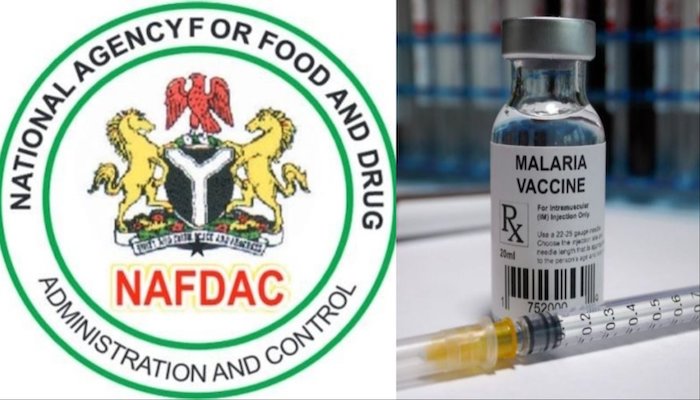The Nigerian National Agency for Food and Drug Administration and Control (NAFDAC) has approved the Serum Institute of India’s R21 malaria vaccine.
Prof. Mojisola Adeyeye, director general of NAFDAC, disclosed this at a press briefing on Monday in Abuja.
This makes Nigeria the second country, after Ghana, to approve the new malaria vaccine developed at Oxford University.
Prof. Adeyeye stated that the vaccine is recommended for preventing clinical malaria in infants aged 5 to 36 months.
She stated that the country anticipates receiving at least 100,000 doses of the vaccine through donations before the National Primary Health Care Development Agency will begin making other arrangements.
Adeyeye stated, “NAFDAC is granting registration approval for R21 Malaria Vaccine (Recombinant, Adjuvanted) manufactured by Serum Institute of India Pvt. Ltd. in accordance with its enabling legislation, the NAFDAC Act CapN1, LFN 2004.
“Fidson Healthcare Ltd holds the marketing authorization in accordance with the Agency’s Drug and Related Products Registration Regulation 2021.
“The R21 Malaria vaccine is a protein vaccine adjuvanted with a sterile solution. A dose of 0.5ml consists of R21 Malaria antigen 5g and adjuvant Matrix-M1 50g in a vial as a ready-to-use liquid formulation for intramuscular injection.
“The vaccine is recommended for the prevention of clinical malaria in children aged 5 to 36 months.” The vaccine must be stored at a temperature between 2 and 8 degrees Celsius.”
She stated that the dossier for the vaccine underwent two levels of independent evaluation.
She stated that the dossier was reviewed independently by NAFDAC’s Vaccine Advisory Committee using World Health Organisation standards across relevant domains, as well as International Council for Harmonisation of Technical Requirements for Pharmaceuticals for Human Use guidelines, European Medicines Agency guidelines, scientific rigour on the vaccine and the context of malaria in Nigeria, and best research and manufacturing governance.
“NEVAC members evaluated all sections independently using best review practises and convened in plenary to evaluate and debate the reviews by section, raise questions, and make recommendations based on their findings.
“Overall, the evaluation was deemed adequate – entirely compliant with standards – and a report was sent to the Director General.
“The review of the NAFDAC Committee has always been guided by the same international standards and best practises, with the same modality of an independent review by members followed by lengthy hours of plenary where a rigorous evaluation of each review was conducted. Independently, the Committee rated the evaluation as satisfactory and transmitted it to the Director General.”
According to her, the R21 malaria vaccine dossier considerably complied with the best international standards used to benchmark the dossier.
According to her, the Joint Review Committee determined that the R21 Malaria vaccine data were reliable and met the criteria for efficacy, safety, and quality.
In addition, it was determined that the known and potential benefits of the vaccine outweigh its known and potential risks, supporting the manufacturer’s recommended use.
“The Joint Review Committee acknowledged the critical need for an effective malaria vaccine (with 75% protection) as an additional interventional instrument in Nigeria, which has the highest malaria burden in the world.
“Due to the peculiar and heterogeneous character of malaria in Nigeria, the Joint Review Committee also recommended additional phase four clinical trials and pharmacovigilance studies in-country for the implementation of the drug.
“The Joint Review Committee was also interested in analysing data on the human-malaria parasite dynamics of the 25% of unprotected individuals in order to comprehend issues concerning non-protection that could guide future research.
“A provisional approval of the R21 Malaria Vaccine was recommended, and this shall be done in accordance with the WHO’s Malaria Vaccine Implementation Guideline,” she explained.
